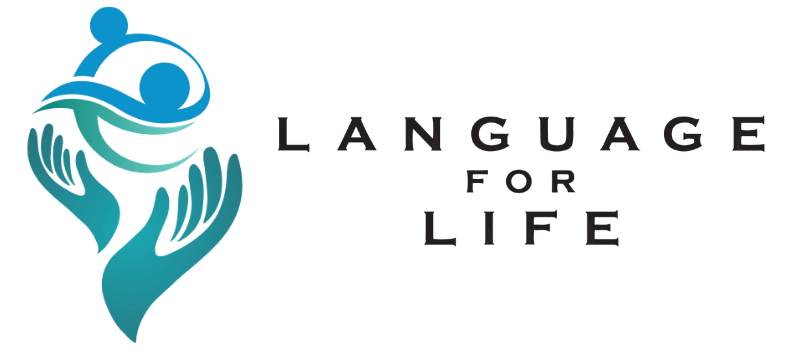What is Music Therapy?
Music Therapy is an allied health profession and evidence-based practice to achieve specific goals and objectives supported by a qualified professional who has successfully completed an Accredited Music Therapy program. In Australia, this means a current active registration with the Australian Music Therapy Association. Music Therapy addresses a wide range of goals such as social, emotional, cognitive, psychological, physiological, behavioural, communicational or spiritual needs.
When working with young children, Music Therapy offers a range of musical experiences in a purposeful and age-appropriate way. Music Therapy promotes the development of their confidence and self-esteem. It also supports children to regulate emotions, gain social fulfilment and address their mental health and well-being.
Music Therapy with young children can…
- stimulate and regulate all of their senses
- regulate heart rates
- reduce nausea and anxiety
- transform perception of pain
- encourage confidence through creativity
- encourage choice and control
- improve self-esteem and self-expressions; be used both verbally or non-verbally
- help them engage in play experience regularly and naturally
- help them cope with hardships
- help them explore emotions and feelings
- help them connect with loved ones
- clarify and manage their thoughts and ideas
- manage restlessness
- create meaningful memory and experience
- provide spiritual exploration
- maintain existing cognitive and physical skills
- be used as a whole brain workout to support the development of speech, language, memories (e.g. improve word recall and stimulate long-term memories) and motor abilities
- be fun, motivational, calming and relaxing
Music Therapy may be used for people experiencing any combination of the following:
- Coping challenges, withdrawal, isolation
- Coping with life-limiting health conditions
- Greif and loss
- Depression
- Difficulties or frustration expressing or communicating thoughts, feelings, needs and desires
- Difficulties exploring spirituality and/or spiritual issues
- Complex pain problems (physical and/or emotional)
- Persistent unexplained nausea and/or vomiting
- Anxiety and fear; disorientation and/or confusion
- Insomnia
- Extreme physical tension
- Aphasia, dysphasia
- Difficulty with medical and nursing diagnosis and/or intervention
- Difficulty to motivate rehabilitation
- Sensory/cognitive/communication/physical challenges
- Cultural and/or language difficulties
Note that each Music Therapist will have specified experiences and specialties in the above area.
Music Therapy sessions are highly interactive and may cover the following topics:
- Singing
- Playing and improvising with percussion or tuned instruments
- Song-writing and recording
- Performing and listening
- Talking about music
- Dance and movements
Music Therapy Assessments
Assessment practices in music therapy involve procedures to gather information, analyses data and make decisions on how to carry out the Music Therapy process.
Music Therapy will sound and appear unique and different for everyone. The Music Therapist will have sessions with you to get to know you better through conversation and musical interaction, as well as to determine what areas of Music Therapy you want to focus on and which activities will work best for you. The Music Therapist will next customise the sessions to meet your unique needs after completing the assessment.
A music therapy assessment could be:
- Both structured and unstructured music activities
- Active music making through singing, vocalising, drumming and instrument playing
- Practice interactive instrumental skills, such as listening, turn-taking, sharing, being listened to, following or leading interactions
- Singing and playing familiar songs
- Improvising music and sound, or making it up in the moment
- Music listening
- Discussions about music and artists
- Exploring your own responses to music; different music genres
- Opportunities for self-expression and creativity
- Opportunities for extending and exploring communication or motor skills
- Movement to music
- Song-writing
- Relaxation and fun!
Our services
Our program provides sessions for both adults and kids. You will work with a Music Therapist one-on-one during these tailored sessions in person or via Telehealth. If a child is attending sessions, there is a requirement that at least one adult parent/carer will attend with the child. There is no requirement of any musical proficiency or knowledge. You don’t need to know anything about music or play an instrument. Simply show up as you are.
Finding your (and/or your child’s) inner musician is essential. Therefore, each session is personalised for each person/family. We can decide to experiment with different instruments or we might choose to utilise drums instead of singing.
The sessions are centred on your requirements and objectives. Activities and music are organised in accordance with your preferences, interests and strengths. These sessions are made for you to work on your physical or speech coordination, manage social and emotional needs, or development of relaxation techniques.
We are happy to communicate with other health professionals if you are working with them in order to offer an integrated strategy. We will take into account your broader goals if you have an NDIS plan. Your NDIS plan could cover the cost of Music Therapy, and as a certified provider, we would be pleased to discuss your needs with your planner.
**Music Therapy is not covered by Medicare.
